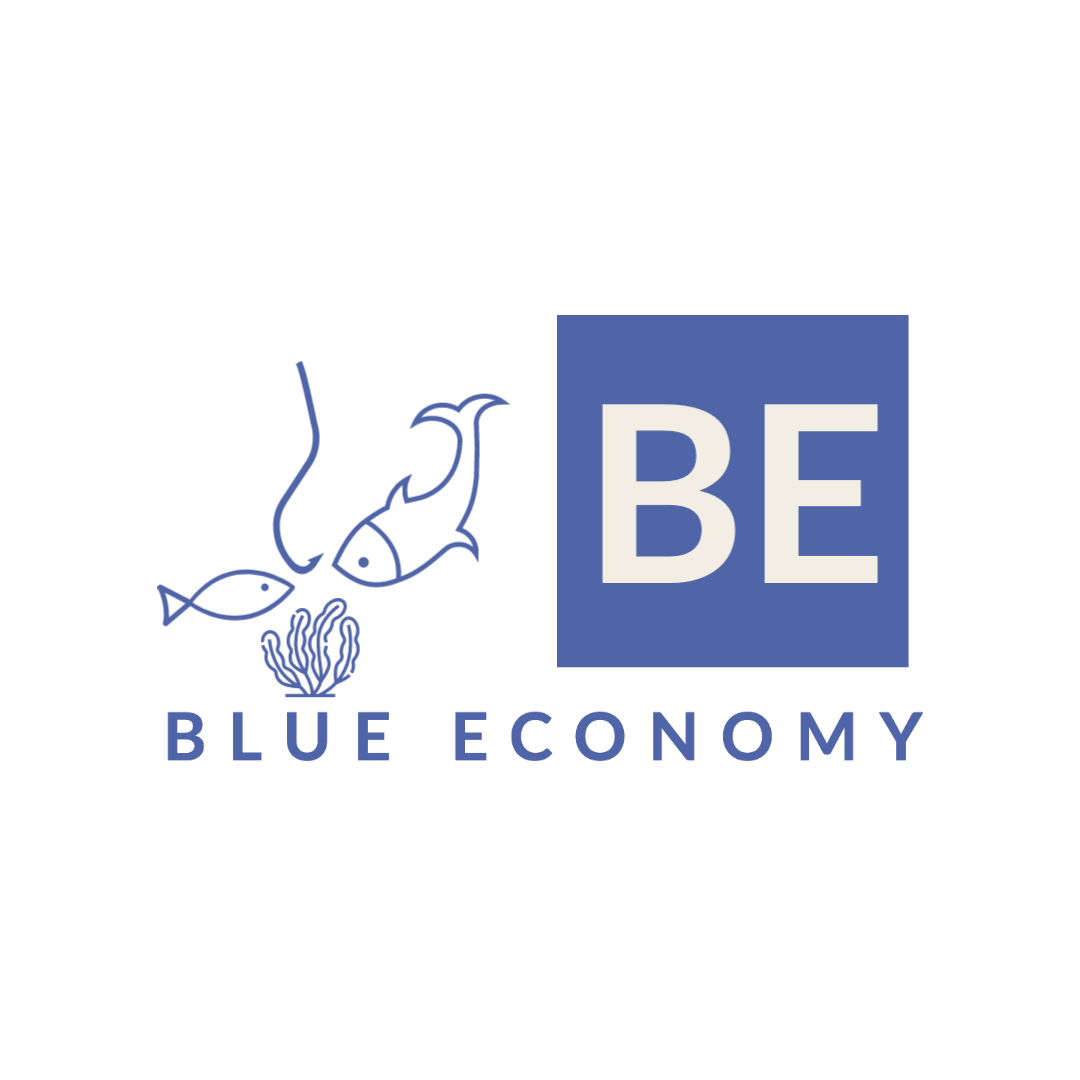Joel Onyango, Benard Simiyu, Maureen Kabasa
In recent years, the concept of the blue economy has gained traction as a comprehensive and sustainable strategy for maximizing the potential of oceans and marine resources. Central to this economic paradigm is the principle of inclusivity, which emphasizes the ethical use of marine ecosystems for the benefit of all stakeholders, from local coastal communities to global corporations.
